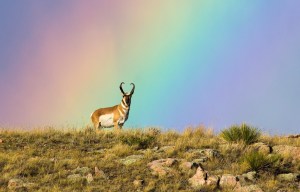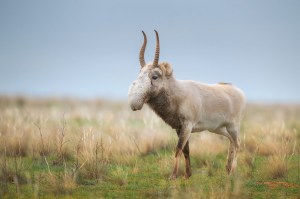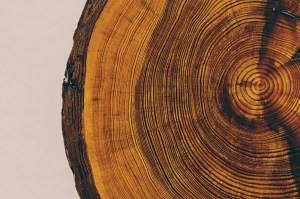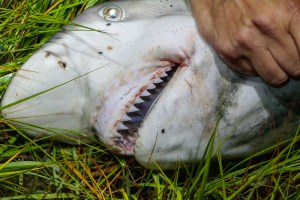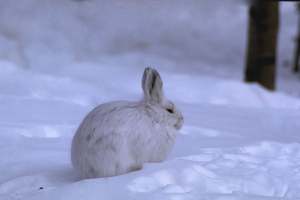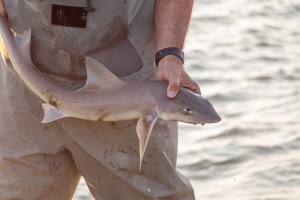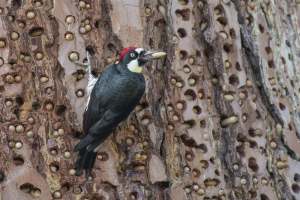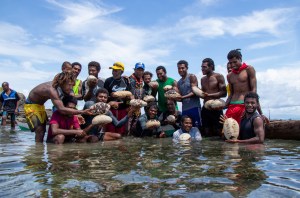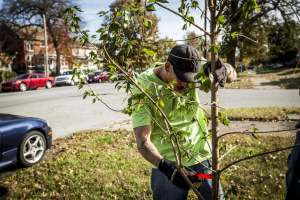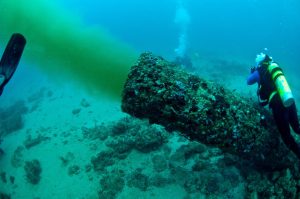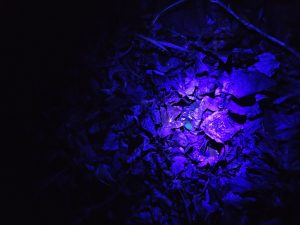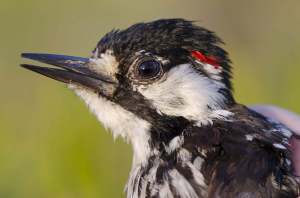Discover stories in Biodiversity
Cool Facts About the Pronghorn and Its Migration
The world’s second-fastest land animal sheds its horns. And it’s not an antelope.
8 of the World’s Little-Known Wildlife Migrations
Learn about 8 of the animal world’s little-known migrations, from zooplankton to mole salamanders to colorful Australian parrots in peril.
Reading the Tree Rings
By reading tree rings, scientists can see evidence of rainy years, periods of drought, bug infestations, forest fires and even volcanic eruptions.
Catching Sharks for Science
On Long Beach Island, volunteer anglers help researchers uncover the hidden journeys of sharks in threatened salt marsh ecosystems.
How Extreme Winter Weather Can Affect Wildlife
How extreme winter weather can challenge many species, from opossums to manatees to Carolina wrens. What are you seeing in your neighborhood?
Seeing the Salt Marsh for the Sharks
Shark tagging in New Jersey’s salt marshes reveals migration patterns and shows how restoring wetlands strengthens vulnerable coasts.
It Takes a Village: What Birds Teach Us About Cooperation and Family
Why do some birds raise chicks that aren’t their own? A look at the surprising strategy of cooperative breeding and what drives it.
Case Study: Sustainable Sea Cucumber Fisheries Offer Both Rewards & Challenges
Sustainable fisheries can be a win-win solutions for both conservation and local communities, especially in the Indo-Pacific. But establishing them comes with unique challenges.
Greener Cities, Cleaner Air: How Urban Design Can Help Save Native Birds
Urban greening and pollution reduction restore bird habitats. This research shows how conservation transforms cities for people and nature.
Wastewater Pollution and the Fight for Coastal Resilience
Disover the urgent issues of wastewater pollution and how sustainable practices can help restore our vulnerable ecosystems.
When Deer Marks Glow in the Dark?
It’s true: deer signs glow in the dark. And we’re not talking about signs along the road.
Family, Survival and Change: The Secret Life of the Red-cockaded Woodpecker
Lauren Pharr uncovers how family bonds and teamwork help red-cockaded woodpeckers thrive in longleaf pine forests, even as climate change reshapes their world.
